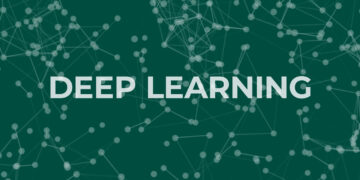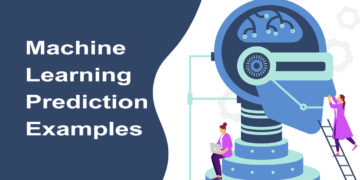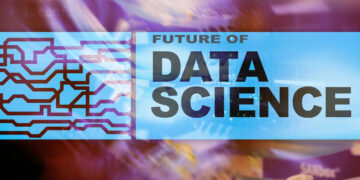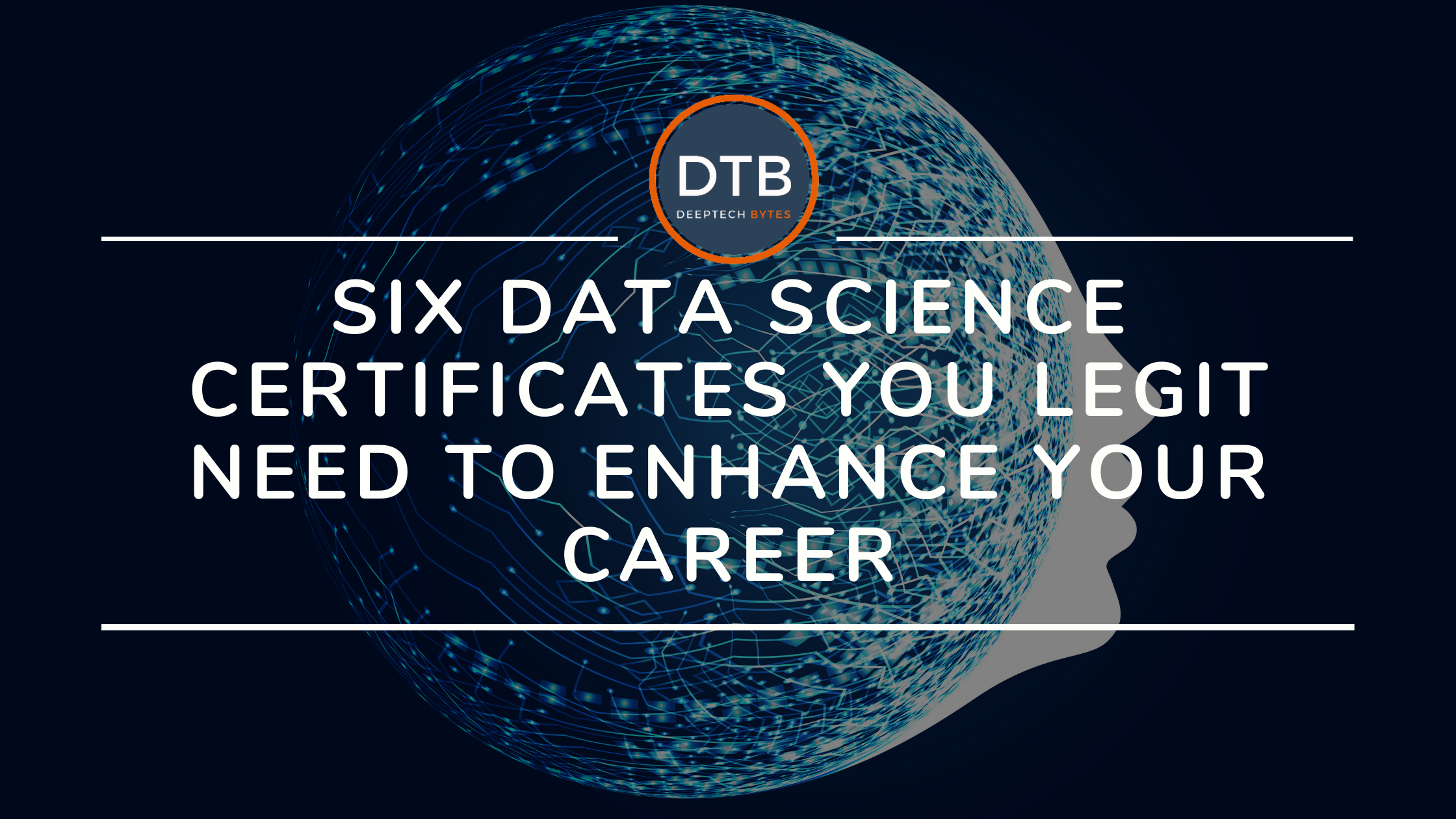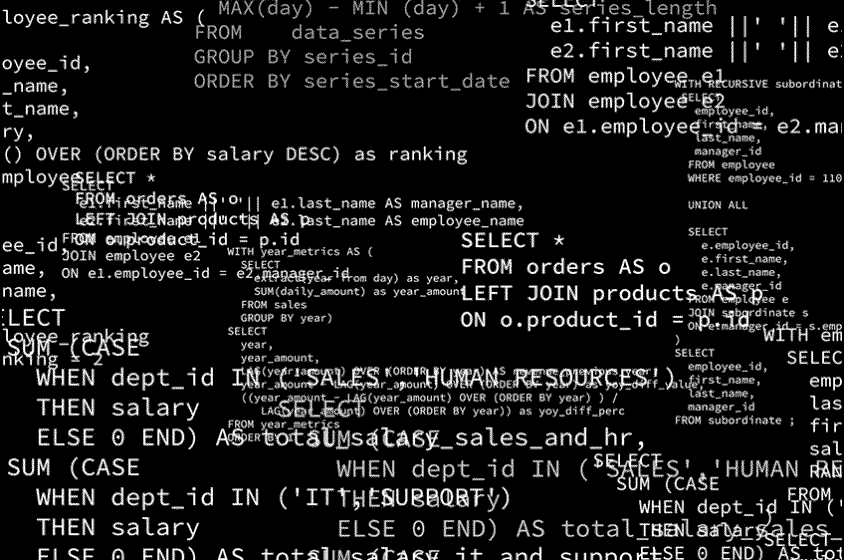Data scientists and Machine Learning Engineers are both equally in demand and cause an overlap within their roles and responsibilities. Therefore, it is pivotal to know about the skills pre-required for parts that primarily differentiate between them.
Data scientists anticipate working on the modelling side while their work is where to base the same model. Working on the ins and outs of algorithms is for data scientists.
The machine learning engineers work on how to bring the model in a production environment that will even provide a space to interact with its potential users.
Furthermore, the detailed differences in the skills required for these two roles (machine learning engineers and data scientists)
Skills for Data Science
The information provided below is on personal experience context-based in 2021. There are plenty of articles on the web about communication, skills, and tools required in the work of data scientists. In the article, below there are tools applied in daily use by many people.
However, many new and upcoming skills will flourish in the market. Yet, these three skills mentioned below will always remain the eminent ones and are well known for investing money and time.
Python/R
Python is a popular programming language for data scientists. We can expect every data scientist to use this programming language in their everyday work. There is yet another language in use known as R.
The motive behind using these languages is more or less the same. It involves ingesting data, exploring the data, processing it, feature engineering, model build. It also communicates with the results just with the use of Python.
Jupyter Notebook – Popular IDE
Most data scientists prefer to use Jupyter Notebook. It is the preference because the Jupyter Notebook tool acts as one single platform to place code, write text, and project different outputs like results and visualizations.
This tool is the go-to for data scientists, plus this has come to stay and will not change any time soon.
Furthermore, some additional extensions are active to make the coding process a lot easier. However, another popular integrated development environment that is primarily concerned with coding is PyCharm and Atom.
SQL
As data is the base and foundation of any machine learning, it essentially requires a structured query language. The machine learning algorithm eventually becomes part of the final data science model.
In their initial work, the data scientists use SQL for their data science process, querying the first data, creating new features, and, finally, for the data science process.
The final step is where SQL required in the model runs and deployed results saved in the corporation’s database. There are ample amounts of databases/platforms of SQL like MySQL, PostgreSQL, and Microsoft SQL Server. However, it depends upon the company associated. All of these are more or less similar.
Moreover, mastering these three skills mentioned above will pave the path for your successful career as a data scientist. Meanwhile, you can learn many others skills and languages to work as a data scientist.
It is common to master the skill-set while holding a job because companies share different tools and need different skills. The points to keep in consideration are:
- A programming language
- An IDE/visualization platform
- A querying language
Machine Learning
The work of machine learning engineers comes into existence after the model is ready by the data scientists. The primary focus is on the in-depth analysis of code and its shipping. For example, there is no need for a machine learning engineer to ponder how random forest works.
However, there is a need to gain sufficient knowledge to save and load a file automatically, predicted within a production environment. In short, they require to be more software engineering-oriented.
Skills for Machine Learning
Python
Python is a programming language that both data scientists and machine learning engineers should know well. Although, with the similarity of having this programming language, they require more training in Python otherwise. Machine learning engineers tend to focus on object-oriented programming (OOP) in Python.
On the other hand, the data scientists are not equipped with the OOP heavy- mainly concerning their job as required to build the model and focus on the analytics and statistics, not primarily all of the code. There are data scientists and machine learning engineers with the skills to work at both.
There is a requirement of confirmation with the company to be better aware if he/she is more statistics-focused data scientist or more software engineering and machine learning-focused data science.
GitHub/Git
Engineers usually use Git and GitHub to version and store code repositories. This code management tool and platform is essential for machine learning engineers for code changes and pulls requests.
Generally, data scientists and machine learning engineers are well-equipped with this skill. But, the main focus of machine learning engineers is on Git and GitHub only.
Deployment Tools
This ability is possibly wherein machine learning engineers and data scientists vary the most. Although a few data scientists understand how to set up a model, and a few corporations require it if the position is machine learning engineer.
They may anticipate the principal part of the task to focus on deploying data science models. In addition to this, there are tools like AWS, Google Cloud, Azure, Docker, Flask, MLFlow, and Airflow, to name a few.
When the title pops up with machine learning engineer, it refers to the machine learning operations engineer, which can be misleading.
The reason behind is the expectation with machine learning engineer is to focus on how machine learning algorithms work and to make sure the part you are hopping into keeps stricken to either algorithm-focused or operations-focused (MLOps)
Conclusion
To recapitulate, the firms favour all-around scientists capable of data science and machine learning (operations). Plenty of companies will put forward a specialist in one area to have two roles separated on their team. It becomes a lot for one person to try and do everything from beginning to end.
Thus, it becomes possible after having two selected individuals, wherever one individual target model building and the other one focuses on the model deployment, proves as the coherent approach.
Now, these are some essential skills for each role. These are not the complete package of skills required by machine learning engineers. Yet, these are necessary skills:
- Python/R
- Jupyter Notebook/IDE
- SQL
- GitHub/Git
- Deployment Tools


